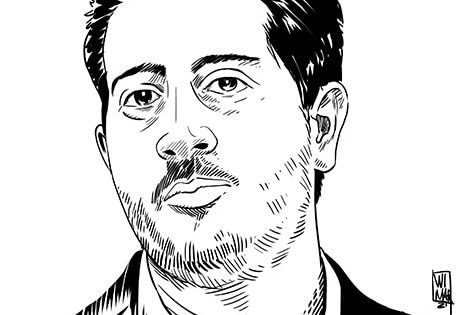Fabio Prieto Llorente and Juan Carlos Herrera Acosta were both imprisoned in March 2003 during the massive crackdown on political dissent and independent journalism.
(CPJ/IFEX) – New York, August 19, 2010 – Formerly imprisoned Cuban journalists Fabio Prieto Llorente and Juan Carlos Herrera Acosta arrived in Spain today, bringing to 13 the number of imprisoned reporters who were freed this year as part of an agreement between the Cuban Catholic Church and the government of President Raúl Castro.
Herrera Acosta, a Guantánamo-based correspondent for the news agency Agencia de Prensa Libre Oriental, arrived in Madrid around noon with his family, according to international press reports. In a telephone interview with CPJ, the journalist said he was happy to reunite with his family, but he expressed concern about his colleagues who are still imprisoned. “I still consider myself in jail because many of my colleagues remain in Cuban prisons,” Herrera Acosta said.
Prieto Llorente, a freelance reporter in the western island of Isla de la Juventud in Cuba, landed in Madrid around 3 p.m. with his family, news reports said. “I am extremely grateful to all international organizations, including CPJ, which supported me and my family during my harsh time in captivity,” Prieto Llorente told CPJ.
Both Herrera Acosta and Prieto Llorente were jailed during the massive March 2003 government crackdown on political dissent and independent journalism known as the Black Spring. Seven journalists arrested during the 2003 crackdown remain in prison, as does one other journalist who was detained later, CPJ research shows.
“We are relieved that Fabio Prieto Llorente and Juan Carlos Herrera Acosta have reunited with their families after seven year of unjust imprisonment and inhumane treatment,” said Carlos Lauría, CPJ’s senior program coordinator for the Americas. “Despite the recent releases, independent journalists in Cuba still face systematic harassment in reprisal for their work. We urge Cuban authorities to immediately release all reporters still in jail and guarantee freedom of expression for all Cuban citizens.”
After negotiations with Cuba’s Catholic Church, Castro agreed in July to free a total of 52 dissidents arrested in the March 2003 crackdown.


